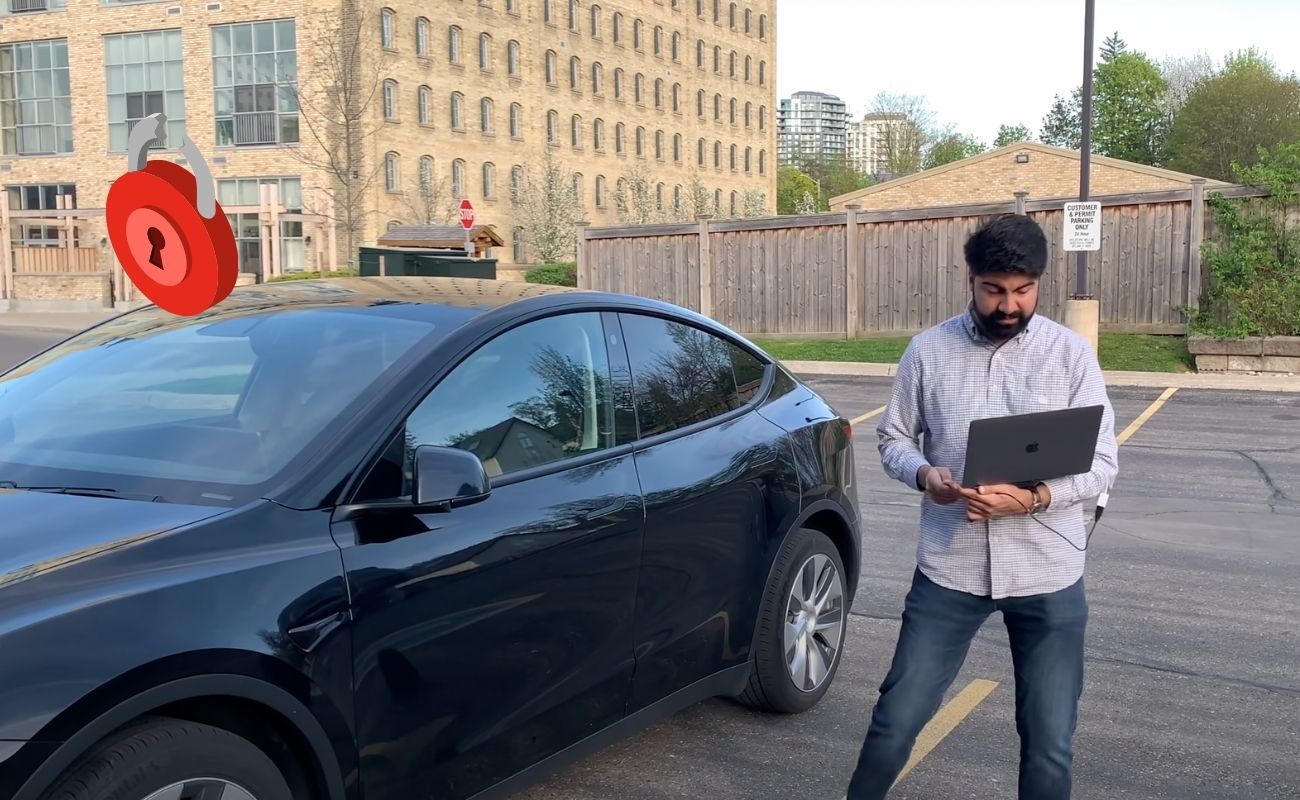Turns out metal tins aren't actually as effective a Faraday cage as one might hope:
BTW, reports in the Owners Club of multiple thefts and attempted thefts of Model S vehicles in recent days - including one that had PIN to drive enabled. Be careful out there!
BTW, reports in the Owners Club of multiple thefts and attempted thefts of Model S vehicles in recent days - including one that had PIN to drive enabled. Be careful out there!




